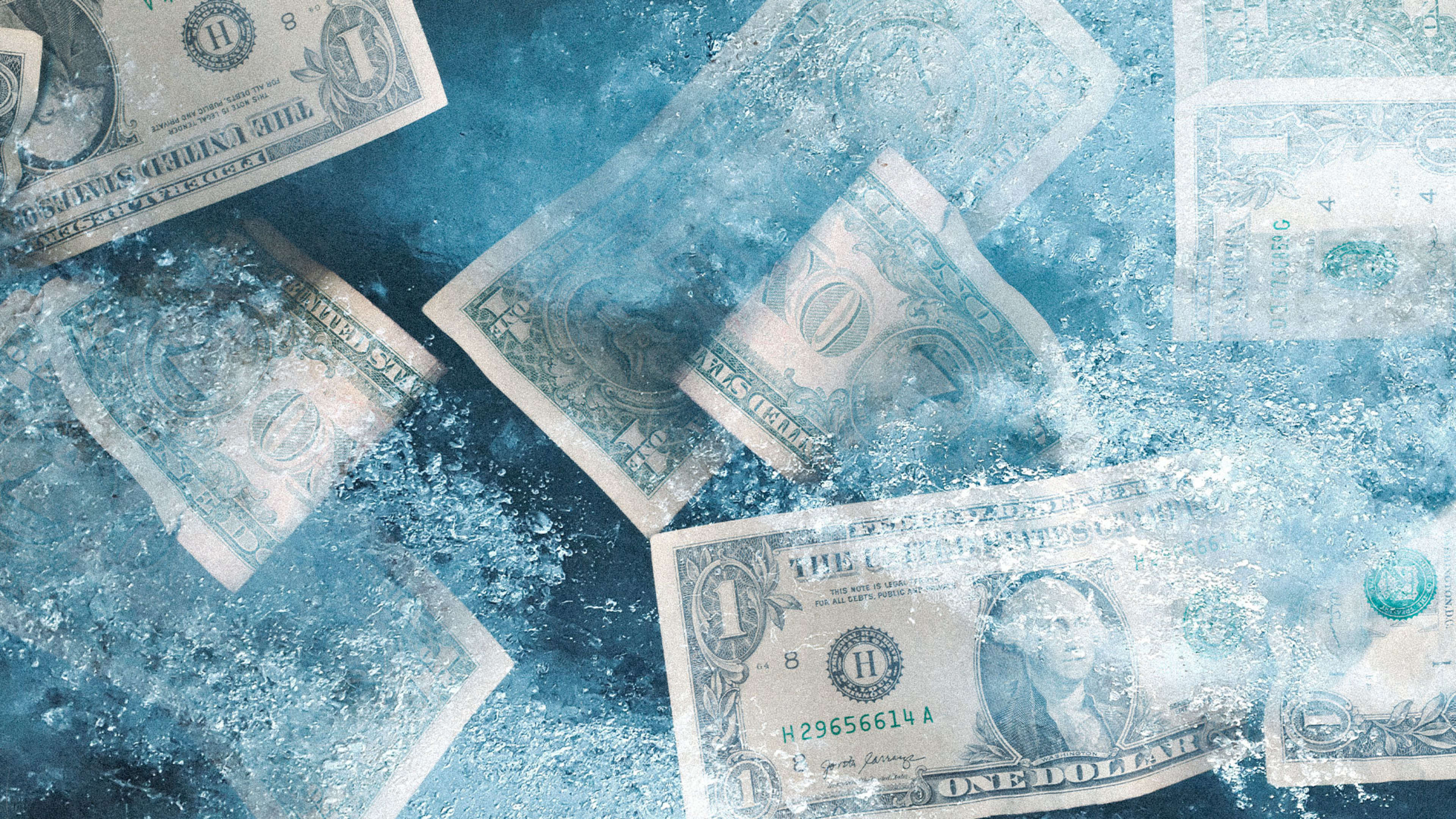The value of the U.S. dollar is the strongest it’s been in a generation, which means Americans planning vacations to Europe or wiring cash to family in Latin America are not upset. However, if you happen to be a U.S. company that earns a decent percentage of your profits abroad, this climb to unseen heights unfortunately isn’t great news for your bottom line.
The dollar is having a record run for 2022. It’s up roughly 15% against the euro (hitting 1-to-1 parity for the first time since 2002), 15% against the Japanese yen, 10% against the British pound, and 5% against the Chinese renminbi. The Economist‘s annual Big Mac Index just dropped last week, and this year the magazine noted, “Nearly all currencies are undervalued against the dollar.”
Why is the dollar rising and how does it hurt companies?
It’s normal for the dollar to rise in uncertain times. Investors historically believe it to be the safest, most stable currency, plus the Federal Reserve’s interest rate hikes make the dollar’s return-on-investment especially attractive.
This explains its fast appreciation, which benefits American consumers, but makes it tougher for U.S. companies to cash in on foreign sales. Under a strong dollar, U.S. products get more expensive abroad—and also less competitive. And the real kicker is even if international profits are slightly up, once U.S. companies convert sales back into dollars, what they’ve earned can actually fall.
Credit Suisse estimates that for every 8% to 10% the dollar climbs, U.S. companies’ profits decrease by 1%. This means the dollar’s rise could put a $100 billion dent in the S&P 500’s annual earnings, one major global-markets strategist recently predicted.
Which companies are hardest hit?
The number of big brands publicly warning about this have grown recently, as they’ve had to explain their newest earnings reports. Adding to an already-rough quarter, Netflix admitted last week that the dollar’s performance had erased some $339 million in profits. Johnson & Johnson did Netflix one better: The stronger dollar could eat away $4 billion in sales this year, it said.
Meanwhile, Salesforce is busy predicting 20% growth for the year, but it also just lowered revenue guidance and blamed the rising value of the dollar. “The dollar might have even had a stronger quarter than we did, which is kind of amazing,” cofounder Marc Benioff told investors, adding maybe it’s “great to be a tourist in Japan,” but this will “have implications” for businesses.
The latest complaint comes from IBM. It beat earnings expectations last week, but warned investors on its call that the climbing dollar could slash the year’s revenues by $3.5 billion, and shares fell 5% on the results. Speaking for the company, CFO James Kavanaugh said: “The velocity of the strengthening is the sharpest that we’ve seen in over a decade. All the currencies we hedge, over half of them are down double digits against the U.S. dollar this year. So it’s kind of, I would say, unprecedented.”
The worst could be yet to come
Tech companies are especially vulnerable because sometimes as much as half of their sales come from abroad. They’re smart enough to cut risk by engaging in what’s known as currency hedging, so the fact that they’re issuing dire warnings could be concerning. Apple and Google both release earnings in the coming days. Microsoft‘s earnings actually post today at close of business. In a securities filing last month, it issued a revised outlook that the company said it hoped would “help investors understand the impact of [the] unfavorable foreign exchange rate,” warning them that a $460 million sales hit could be coming to the balance sheets this quarter.
Recognize your brand’s excellence by applying to this year’s Brands That Matter Awards before the early-rate deadline, May 3.
